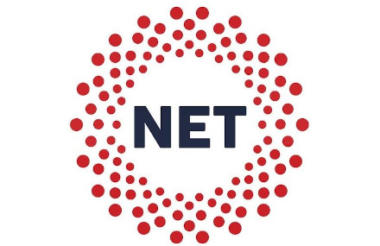The National Emergencies Trust (NET) was held back at the start of the pandemic because it did not have the right relationships in place, its chief executive has said.
Mhairi Sharp told an event on Wednesday that NET was prepared for emergencies caused by events like terrorism and natural disasters, but had to reach out to stakeholders from “different walks of life” to understand and respond to the pandemic.
NET was formed in November 2019 with the backing of the Charity Commission, two years after a series of tragedies which inspired mass public fundraising, including the Grenfell Tower fire and Manchester Arena bombing.
It was created in recognition that “the sector wasn’t doing the best it could for victims of tragedies and their loved ones”, Sharp said at the event, which was hosted by the think tank NPC.
NET has now distributed £95m to 14,000 charities as part of its Covid-19 work.
'Preparing for the expected'
Responding to a question about what she might have done differently at the start of the pandemic, Sharp said she had come to understand the importance of “making friends before you need them”.
She continued: “We were preparing for the expected: the terror attack, the floods, the fire.
“And all of our friends – and the processes and policies and everything that came out of those friendships, and also the corporate memory of the sector previously – they were all preparing us to support the bereaved, the physically injured and mentally injured, and also hardship through floods and fires and so on.
“We did have lived experience [among] our friends, but they were survivors of previous emergencies.
“In hindsight if we had lived experience from different protected characteristics, different walks of life, we would have saved a lot of time, more than anything, during the emergency.”
Rocky
Sharp said that NET had drawn extensively on research by the Ubele Initiative published a month into the first national lockdown. That research found that charities working with black and ethnic minority communities were financially vulnerable during the crisis, even while people from those communities were disproportionately affected by Covid-19.
She said: “It is why applying a lens of lived experience on top of the data is really vital.
“We set up an equity scrutiny group and once it was established – and we did have a rocky start there – it helped us make multiple changes over time to our allocations criteria, which was the criteria which got that funding out equitably across the country as the pandemic evolved.”
Ringfenced spending
Speaking on the same panel, Yvonne Field, the chief executive of the Ubele Initiative, said that charities working with black and ethnic minority communities had been “unrecognised, under-the-radar [and] unsupported” before the pandemic, and remained “in a precarious position”.
Some campaigners criticised NET last year, arguing that its commitment to help Black and ethnic minority led charities had not been “matched with urgent enough action”. NET later announced that £12m would be distributed to groups disproportionately impacted by the pandemic and underserved by emergency funding.
Sharp said on Wednesday: “We have got them now [stakeholders with other relevant lived experience] so we are ready for the next emergency.”
Related news











